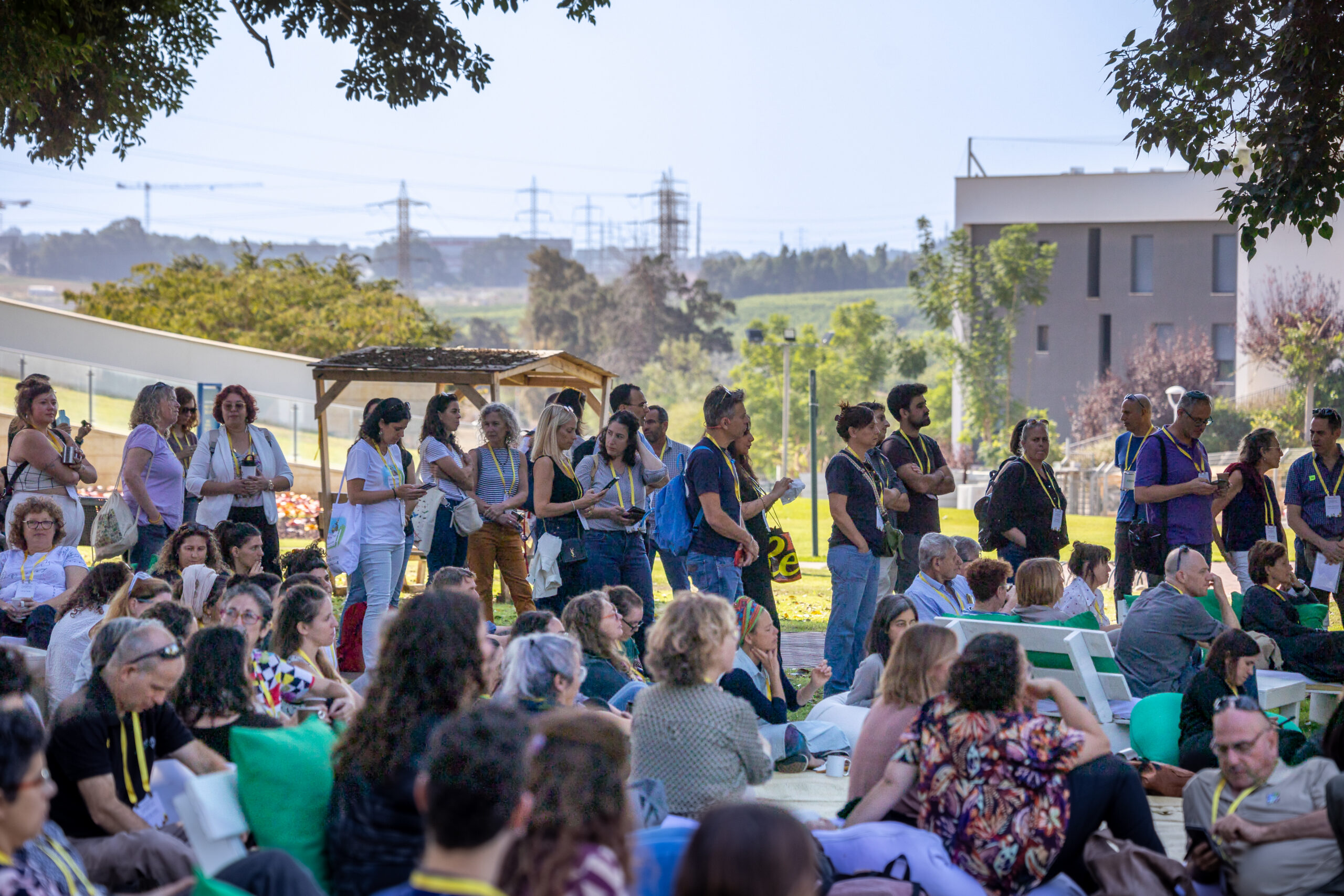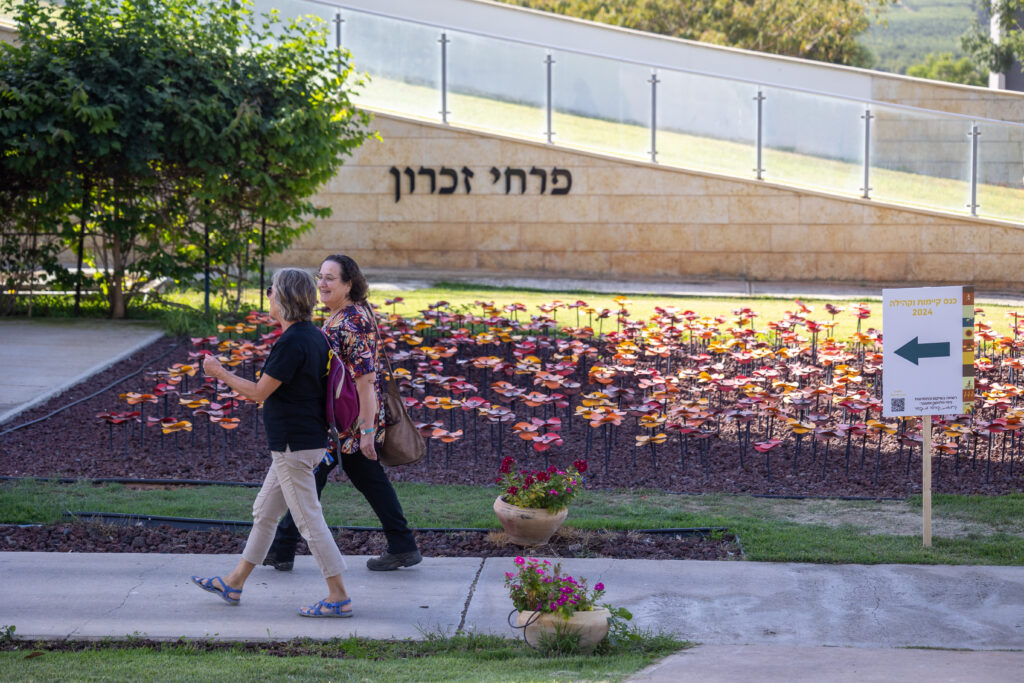
Municipal Recovery and Renewal in Times of War and Crisis
Joining forces and networking to build strength against the significant challenges ahead
Amidst a war with tens of thousands of citizens displaced from their homes and hundreds of thousands under missile threat, the 8th Sustainability and Community Conference was held under the title: ‘Municipalities in Recovery and Renewal During Times of War and Crisis.’
The conference, which took place on October 28, 2024, at the Ruppin Academic Center in partnership with the center itself, KKL, Aklima, the Emek Hefer Regional Council, and many other municipalities and organizations, focused on bringing the knowledge and capabilities of the community to bear in dealing with the consequences of the war in its first months and framing this knowledge as part of the preparation for the climate crisis.
The role of nature in healing trauma, workshops for planning public spaces to adapt to changing climate conditions, organizations that shifted their operations overnight on October 7 to respond to new and evolving needs in real-time, immediate community-based mental health care to prevent trauma fixation, and more remarkable examples of immense knowledge and capabilities developed within municipalities and organizations – highlighted the question of how to turn this knowledge into a well-defined resource accessible to all who need it. The concluding session of the conference examined two case studies of community participation in physical recovery after a disaster – New York after Hurricane Sandy, and Kibbutz Nir Oz after October 7.
Yaara Ben Nahum from the Heschel Center interviewed Dr. Shani Shilo Klinvigel from the Faculty of Architecture and Urban Planning at the Technion about the unique planning process for rebuilding Nir Oz from the devastation. This process involved a collaborative planning team of architects and landscape architects, supported by expert consultants in various fields to challenge them with the forefront of knowledge, and placing the community – the recovering kibbutz members – at the center.
The guiding slogan was: the restored kibbutz must be an even better place than it was before, for those who wish to return and for those unable to return due to the trauma and horror the place represents for them. For both groups, the physical restoration is critical for personal and communal recovery.
Amy Chester from Rebuild by Design in New York spoke about the ongoing processes since the hurricane that impacted entire communities and neighborhoods in the city, and the long-term vision required in such work to engage people in the communities and neighborhoods.
The inspiration from the various case studies presented at the conference was directed toward all sectors: local social activists, businesses, civil society organizations, academia, and local authorities. The discussions among participants from all these sectors were enriching and invigorating.
The conference's goal
This was the conference’s goal: to fill people with inspiration, spirit, connections, and acquaintances to aid them in their journey, alongside the most advanced knowledge in various fields. The opening session aimed precisely at this purpose; instead of lectures and speeches that kept participants in their seats, it took place on the grass under beautiful trees, encouraging participants to move around and create new connections.
Thus, from the very start of the conference, the seed was sown for the desired outcome – joining forces and networking to build strength against the significant challenges ahead.

